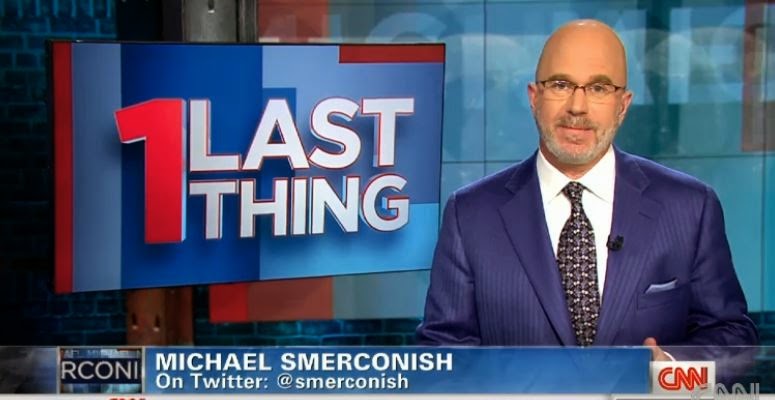The Dangers of Distracted Driving
It is more apparent than ever the need to reduce distracted driving. Cellphone use has escalated over the past decade providing easier and new methods of instant communication. With these technological advance have come unintended consequences. The use of cellphones, especially texting, while driving has lead to in increase in vehicular related injuries and fatalities associated with distracted driving.
The potential harm that can result from texting while driving is not feigned, but real and poses risks not only to the offending driver, but to other drivers, bike riders and pedestrians. Think about this, a US Department of Transportation Study has found that the sending or receiving a text distracts a driver for an average of 4.6 seconds, if travelling 55 mph that would be like driving the distance of a football field blindfolded. In 2011 more than 3,300 deaths were caused by distracted driving and more than 330,000 accident related injuries. There are advocacy groups that claim these numbers are only a baseline of confirmed deaths and accidents related to distracted driving and the true loss is substantially higher, as many as 6,000 fatalities per year.
Those particularly at risk of distracted driving related accidents are drivers under the age of 20. In part due to their inexperience behind the wheel and in part due to their reliance on texting as a means of communication. Pew Research found that 40% of teens have been in a vehicle when either they or the driver used a cellphone in an unsafe manner. This point becomes even more concerning when you consider that in 2011, 11% of all fatal car accidents involving drivers under the age of 20, resulted from distracted driving.
So, how do we reduce the occurrence of these unnecessary and senseless accidents that claim the lives of thousands? The enactment of a “no-texting” law is a beginning, however, it is difficult to enforce and it is clear that the problem cannot be legislated away. From a technology standpoint, several applications were recently developed that can be downloaded to mobile devices and prevent the sending and receiving of text messages in a moving vehicle. These include Drivesafe.ly, Textecution, AT&T Drivemode, DriveScribe and Text-STAR, these may be helpful for some and may be warranted for parents to insist teens use.
Fundamentally, however, the solution necessitates personal responsibility and a call to action. Personal responsibility that each of us commit to not text while driving for our own safety, and the safety of others in the community. And a call to action, to remind friends and family members to not text while driving, and most importantly, to educate children and young drivers about the dangers of distracted driving. It should be each of our charge to reduce these needless and unnecessary deaths and protect the most vulnerable, inexperienced and future of our community. Because in a mere 4.6 seconds lives can be forever and tragically altered.

